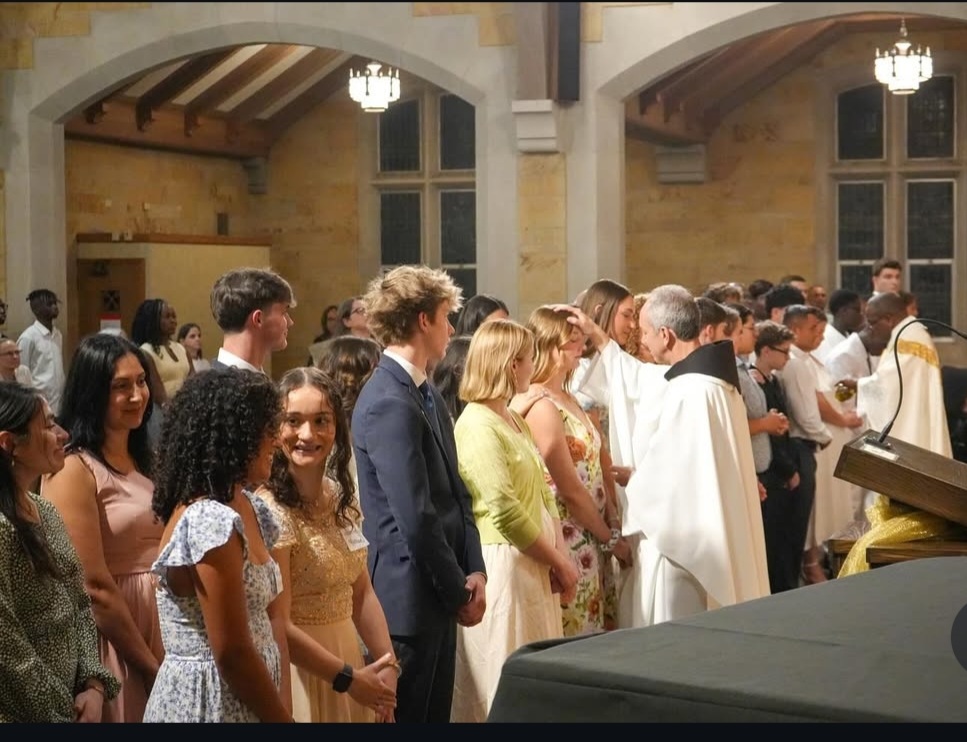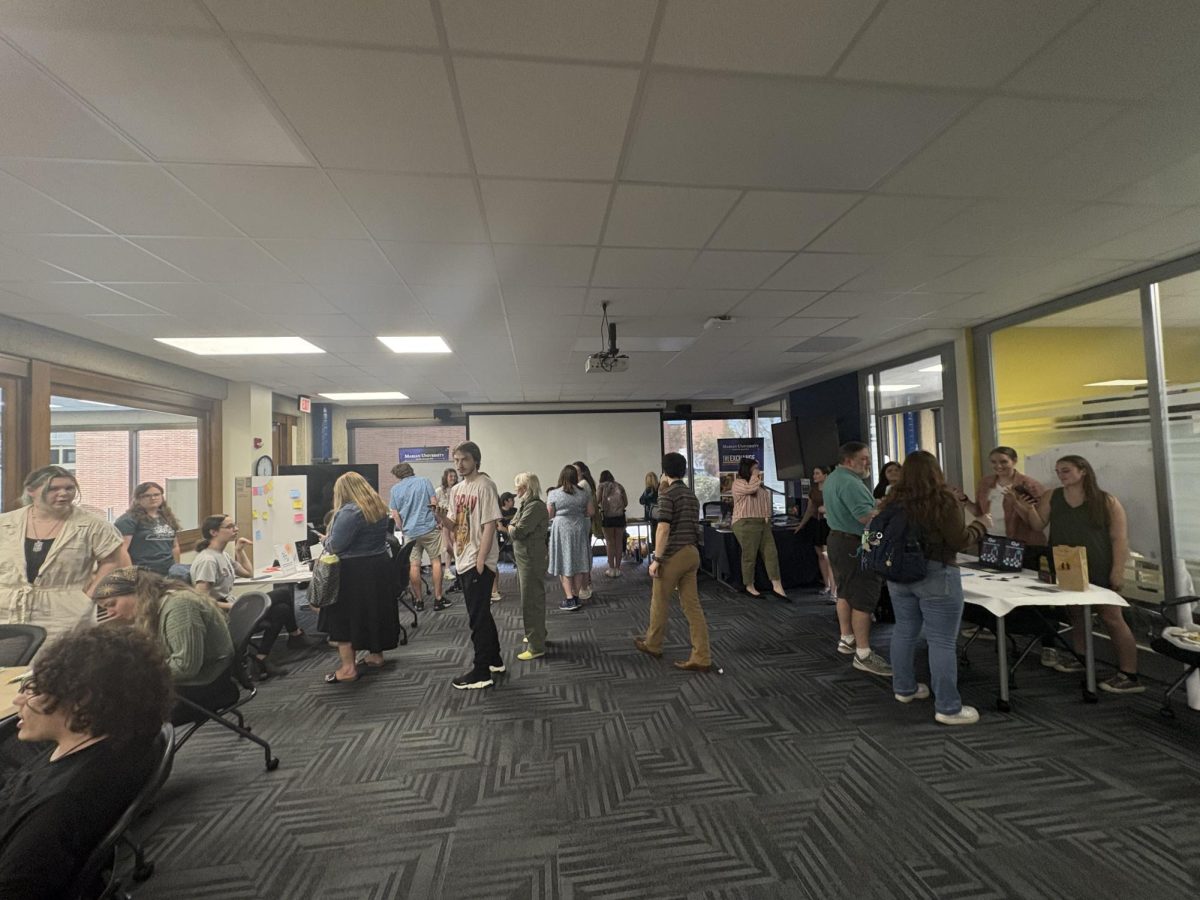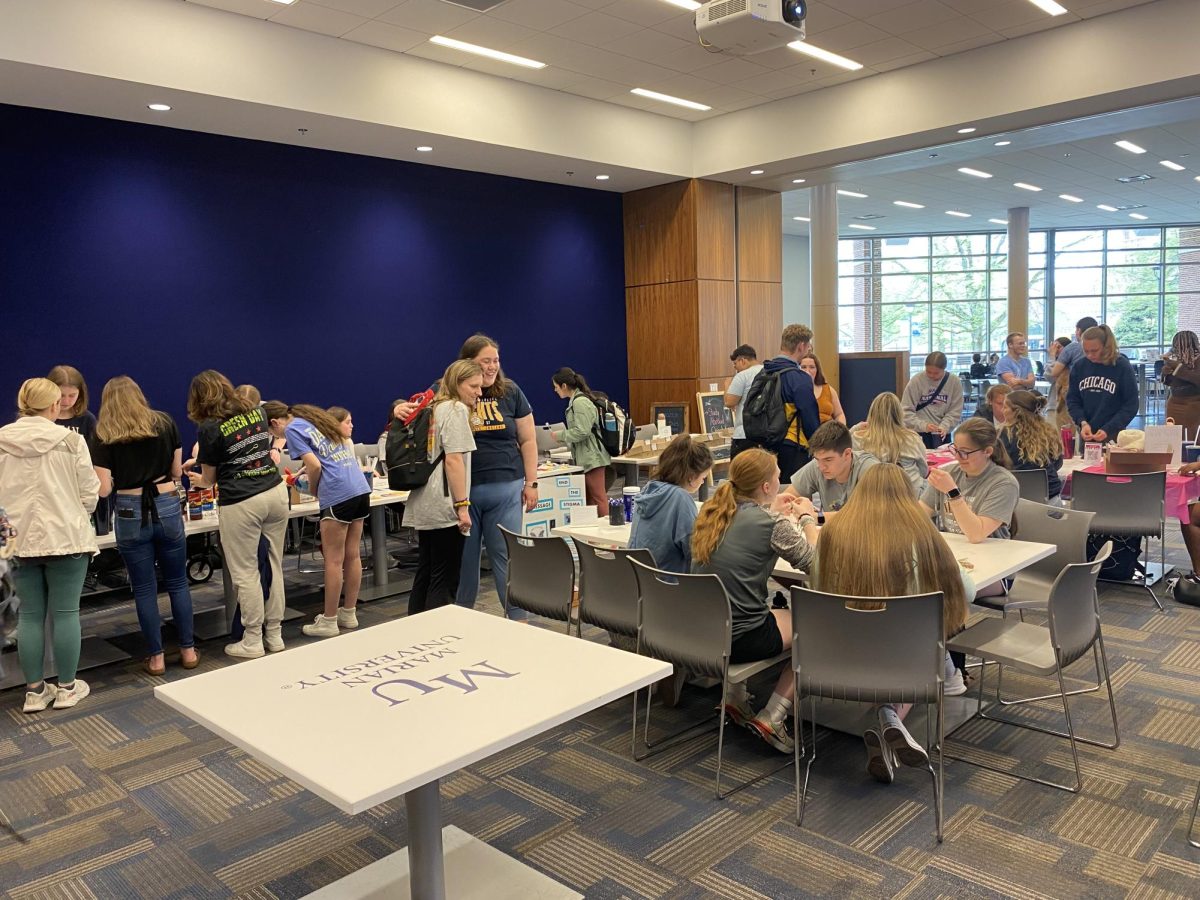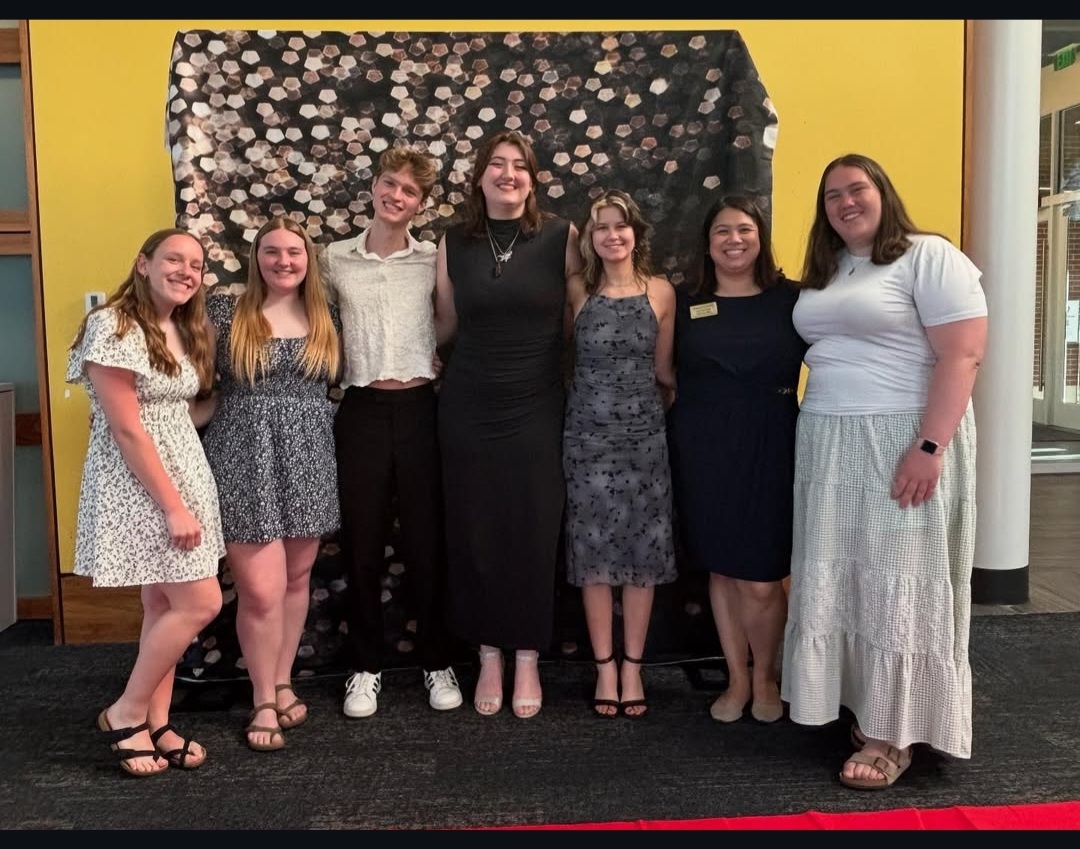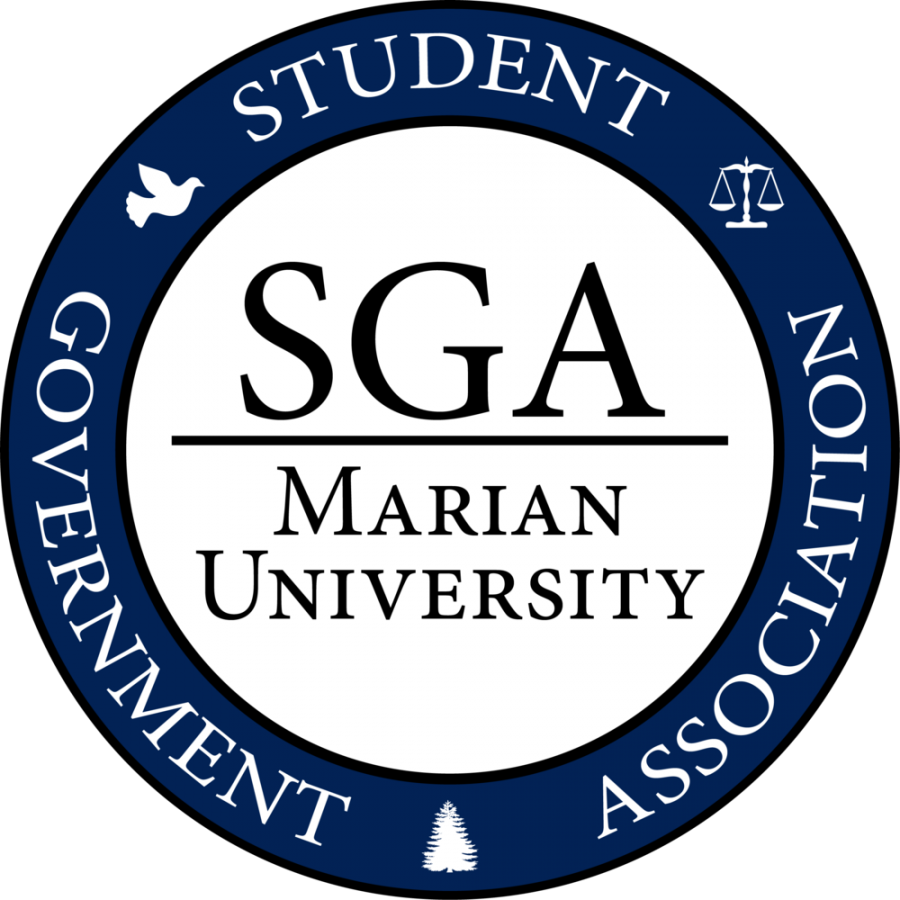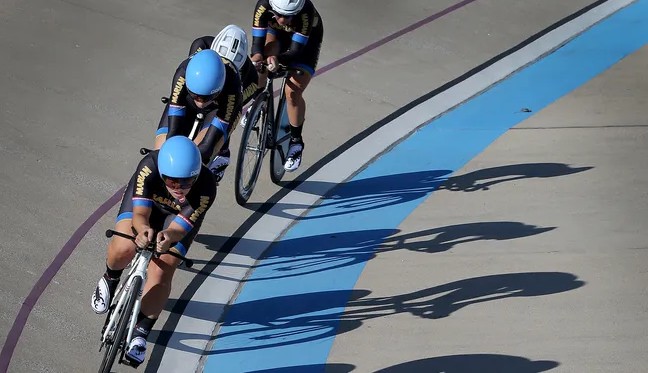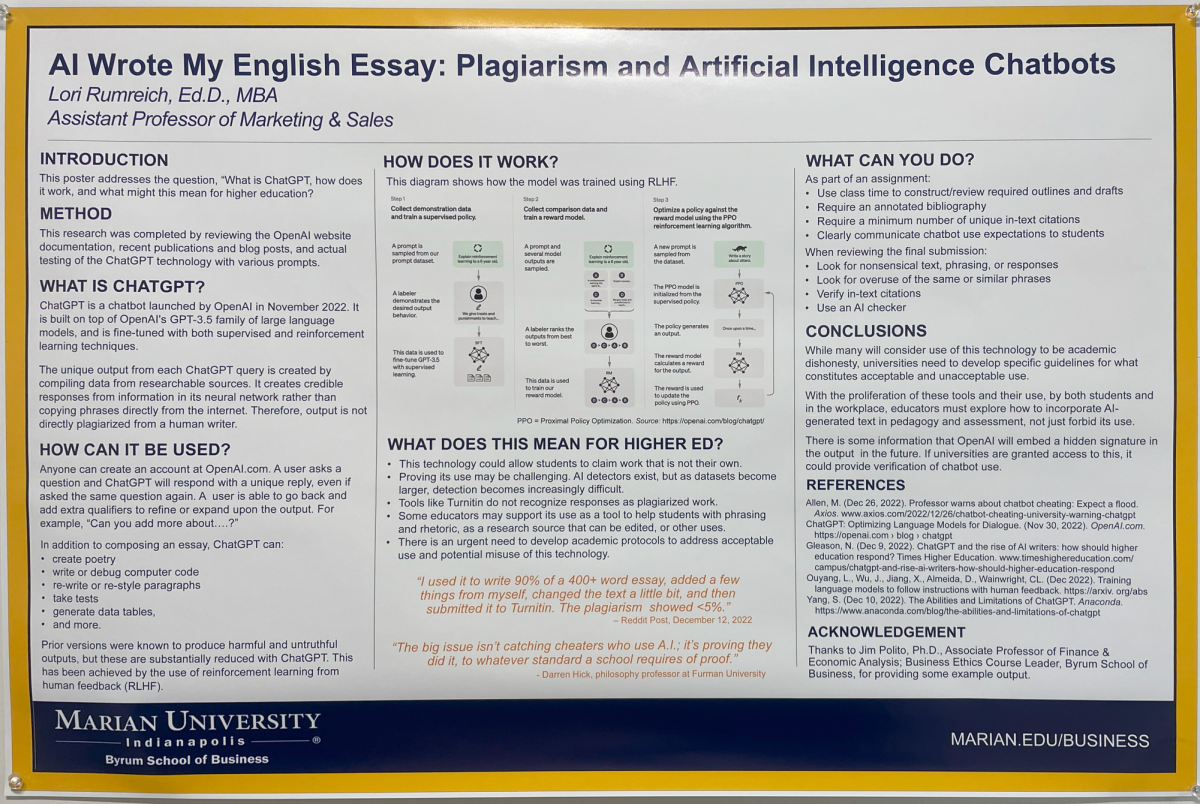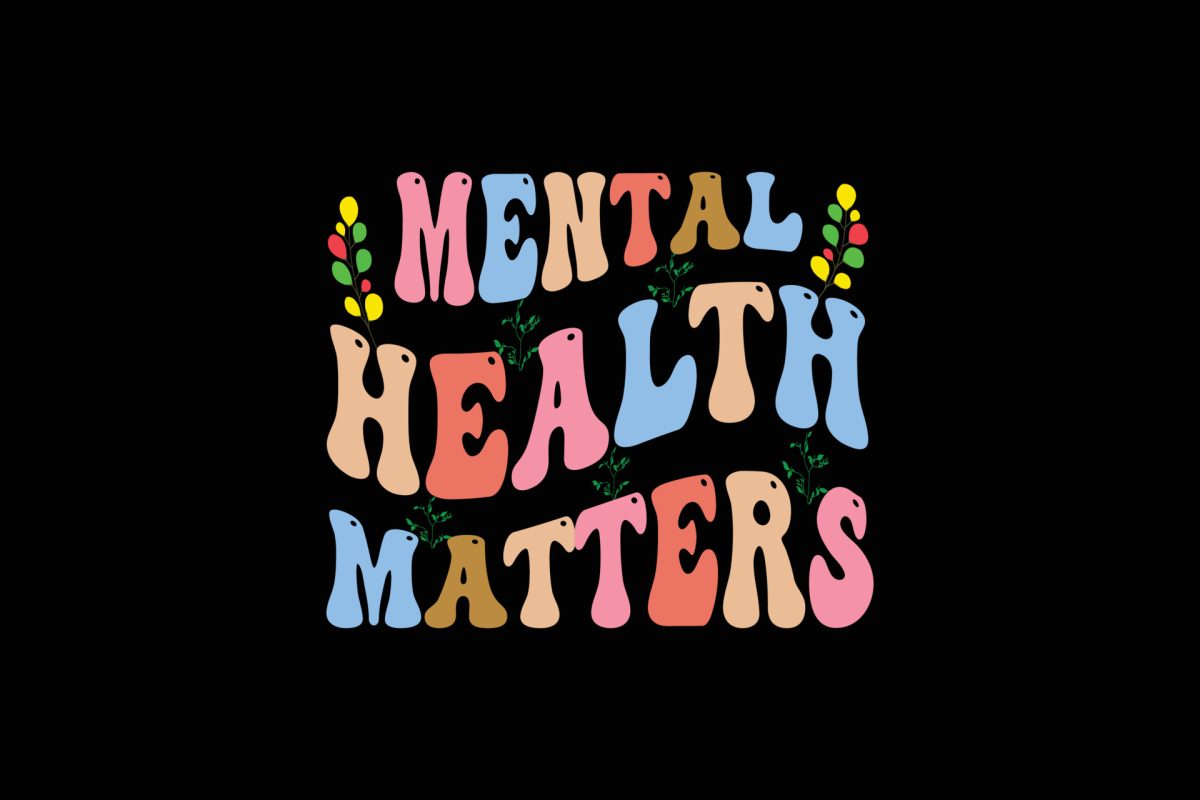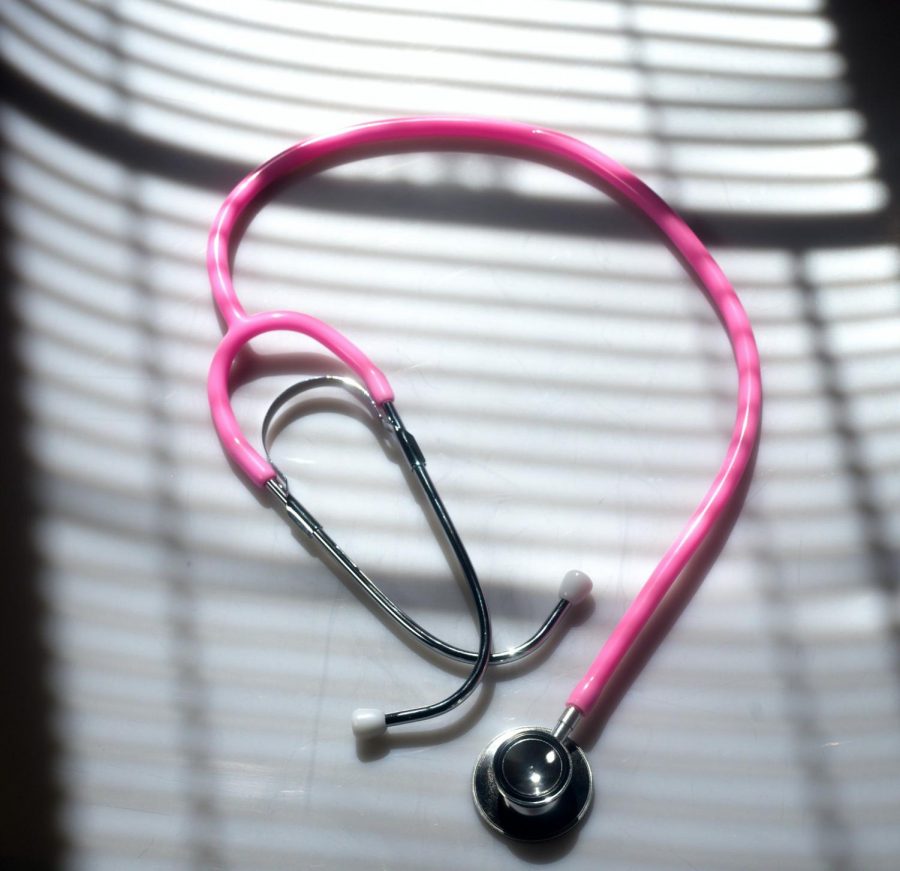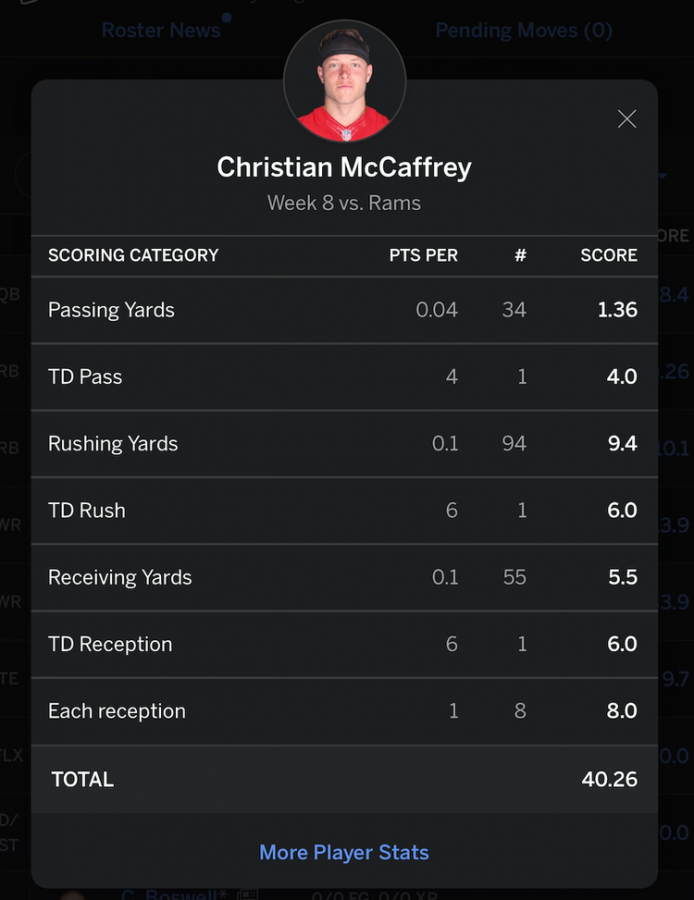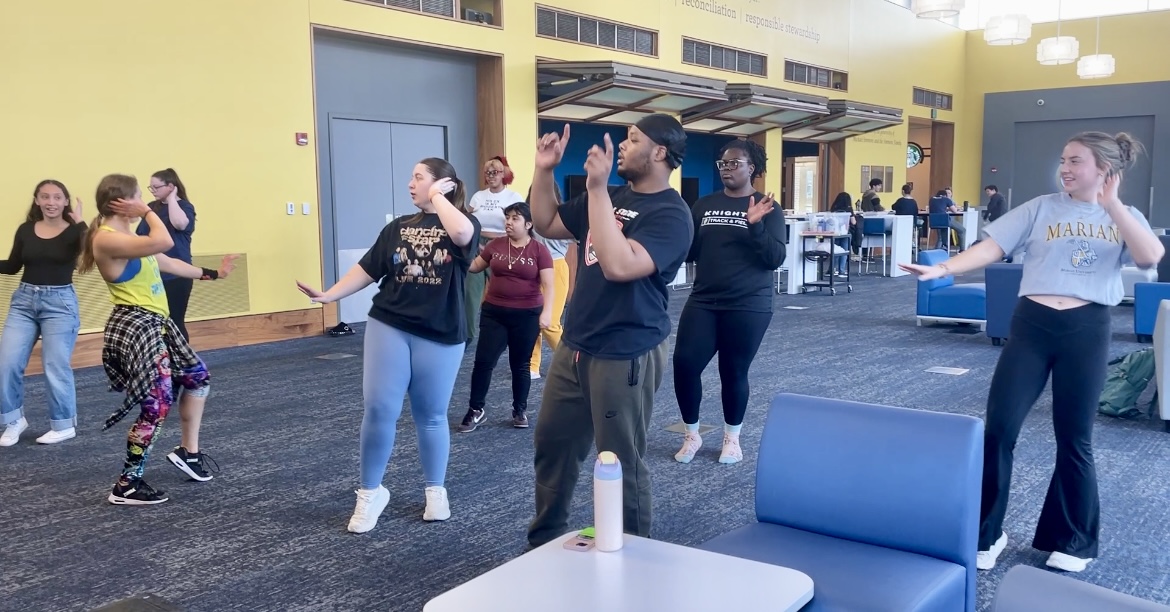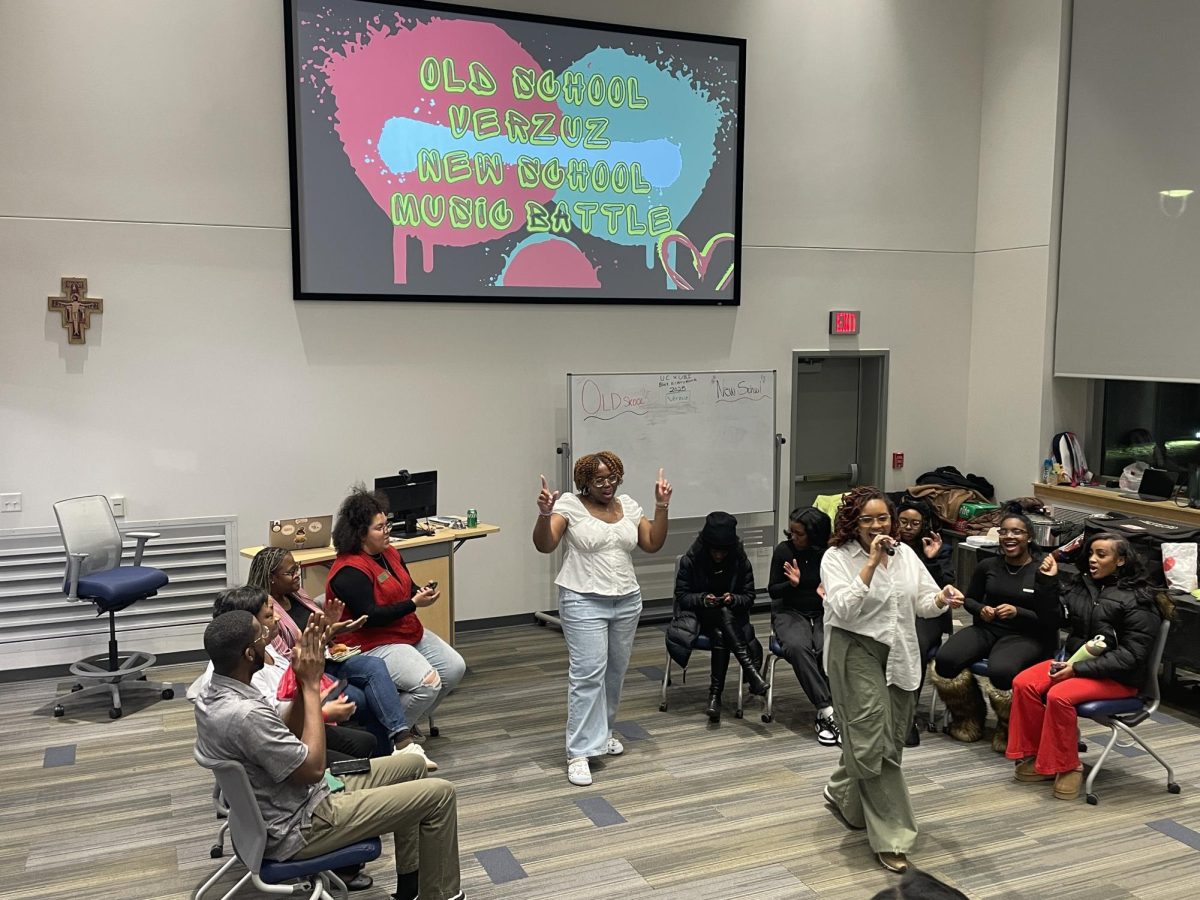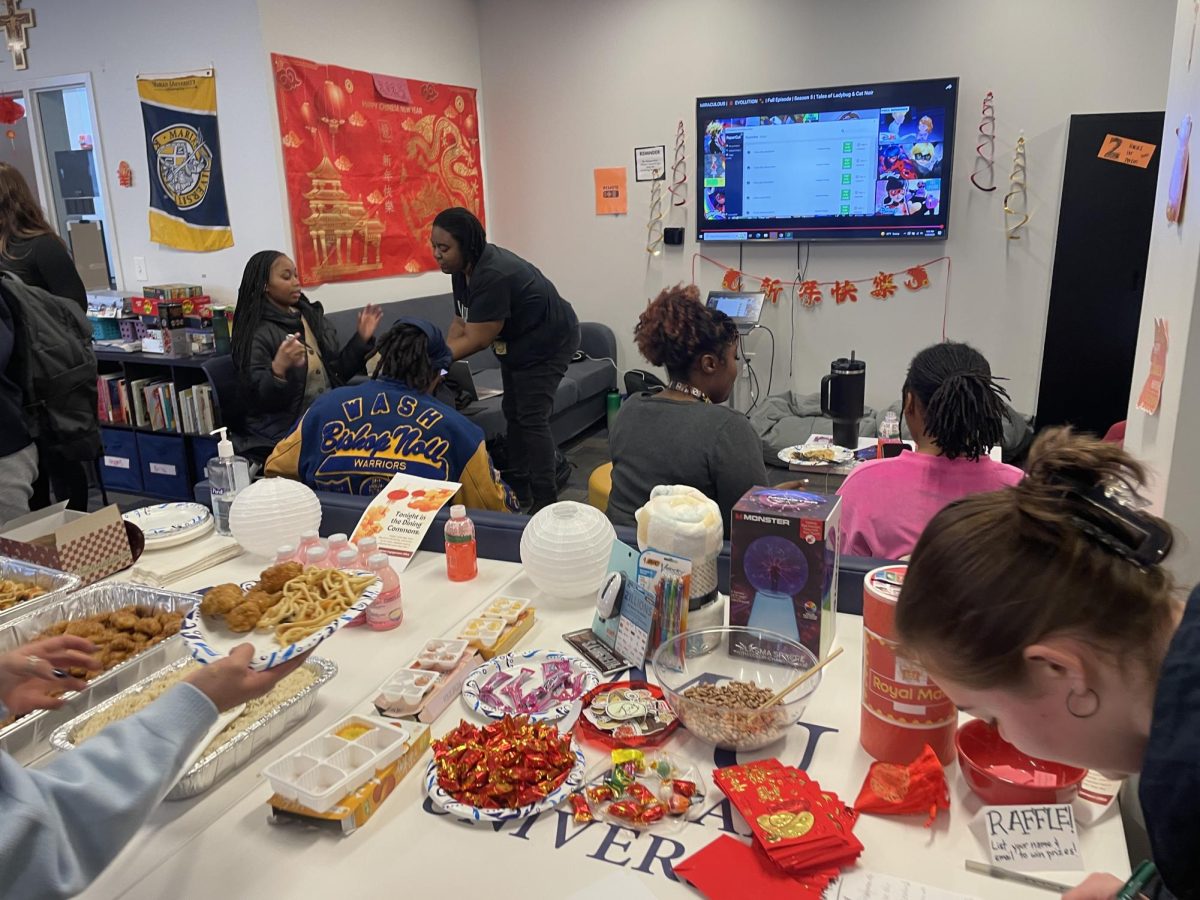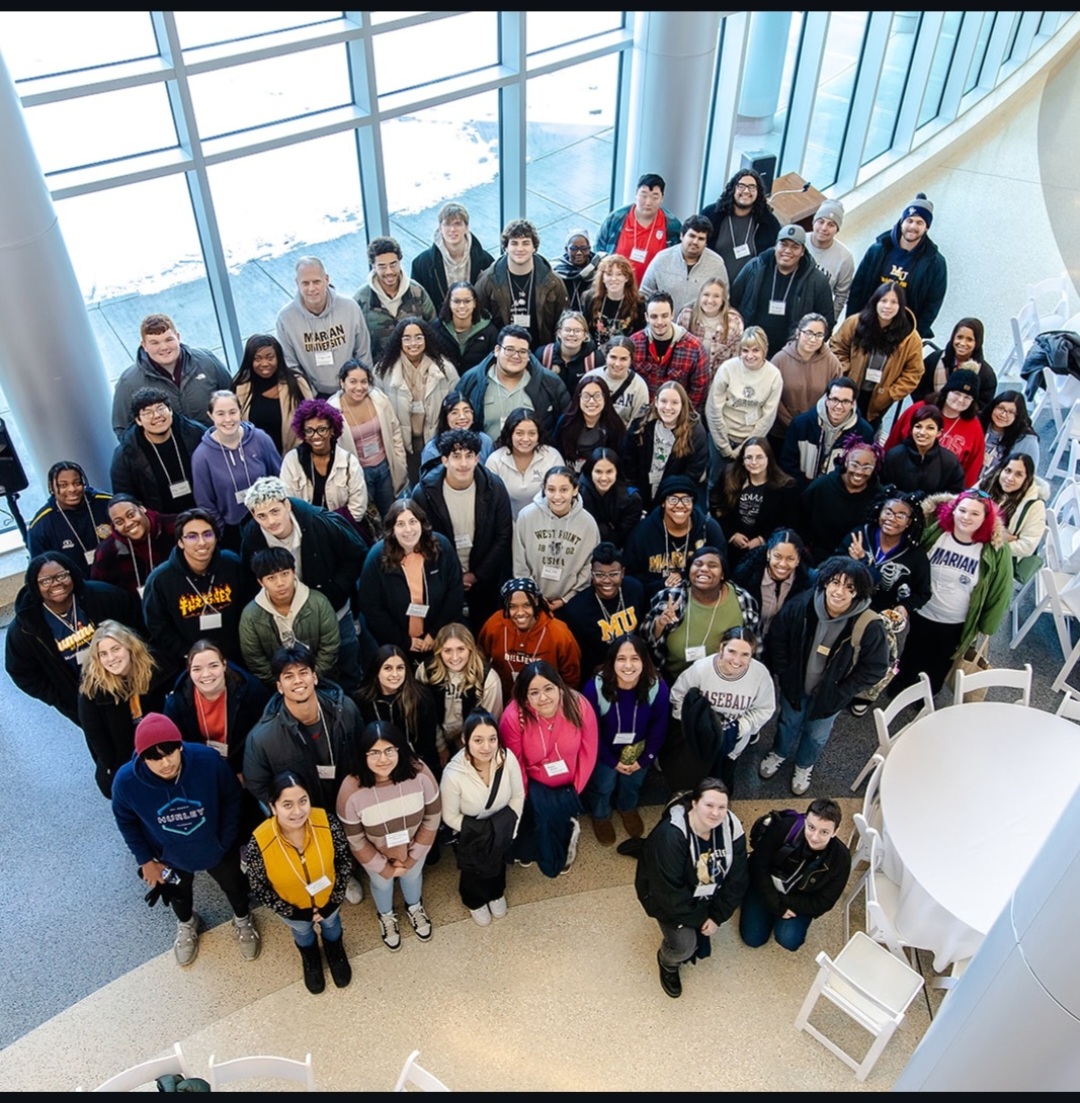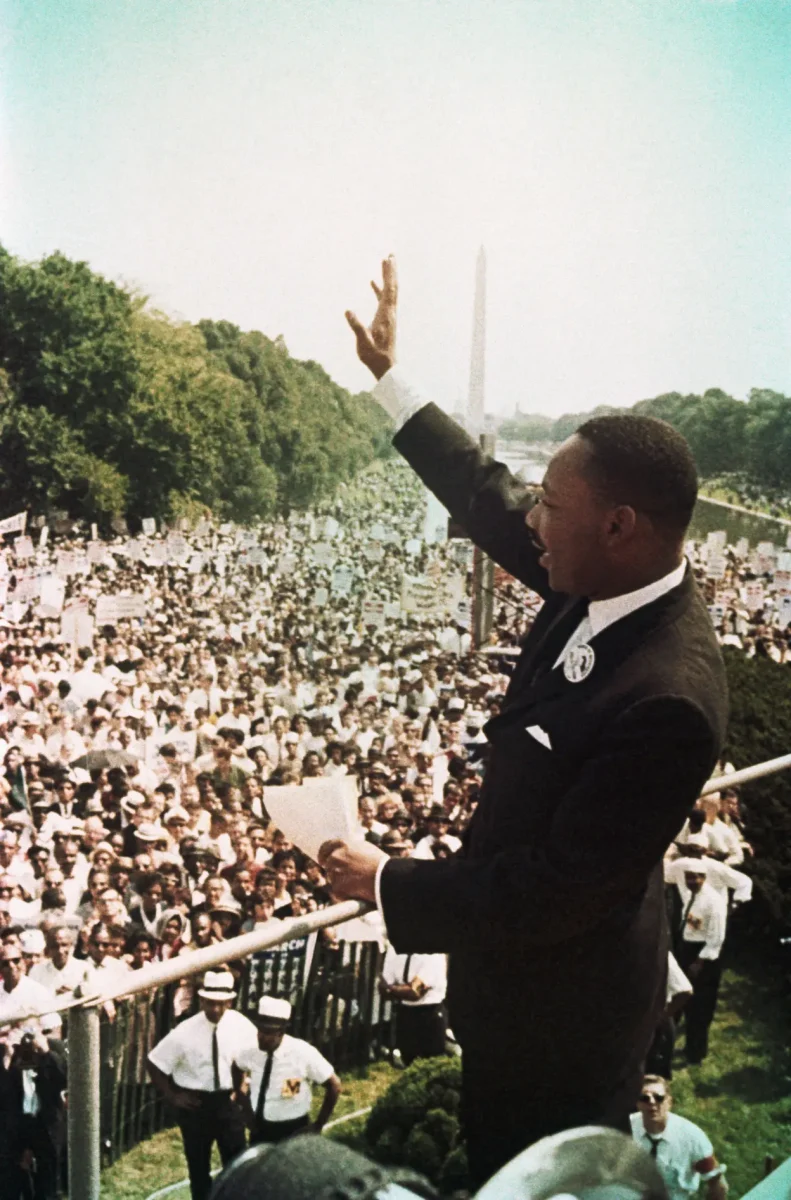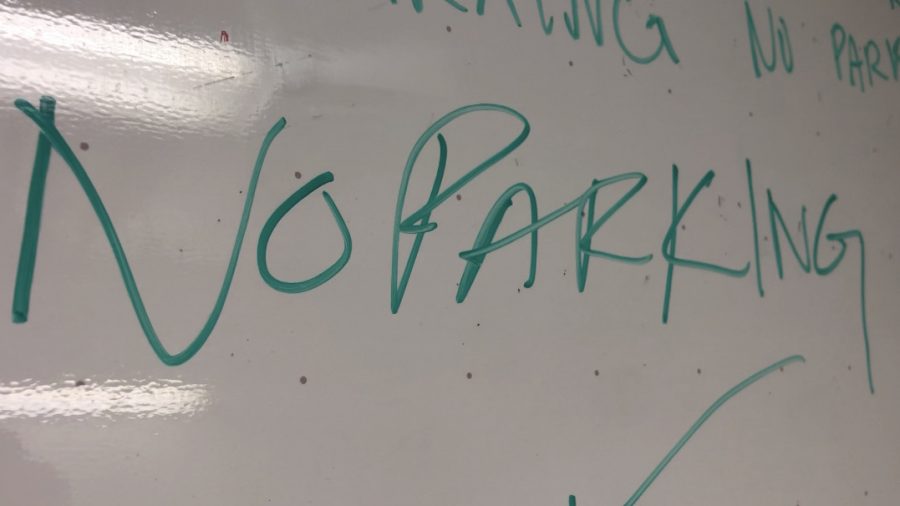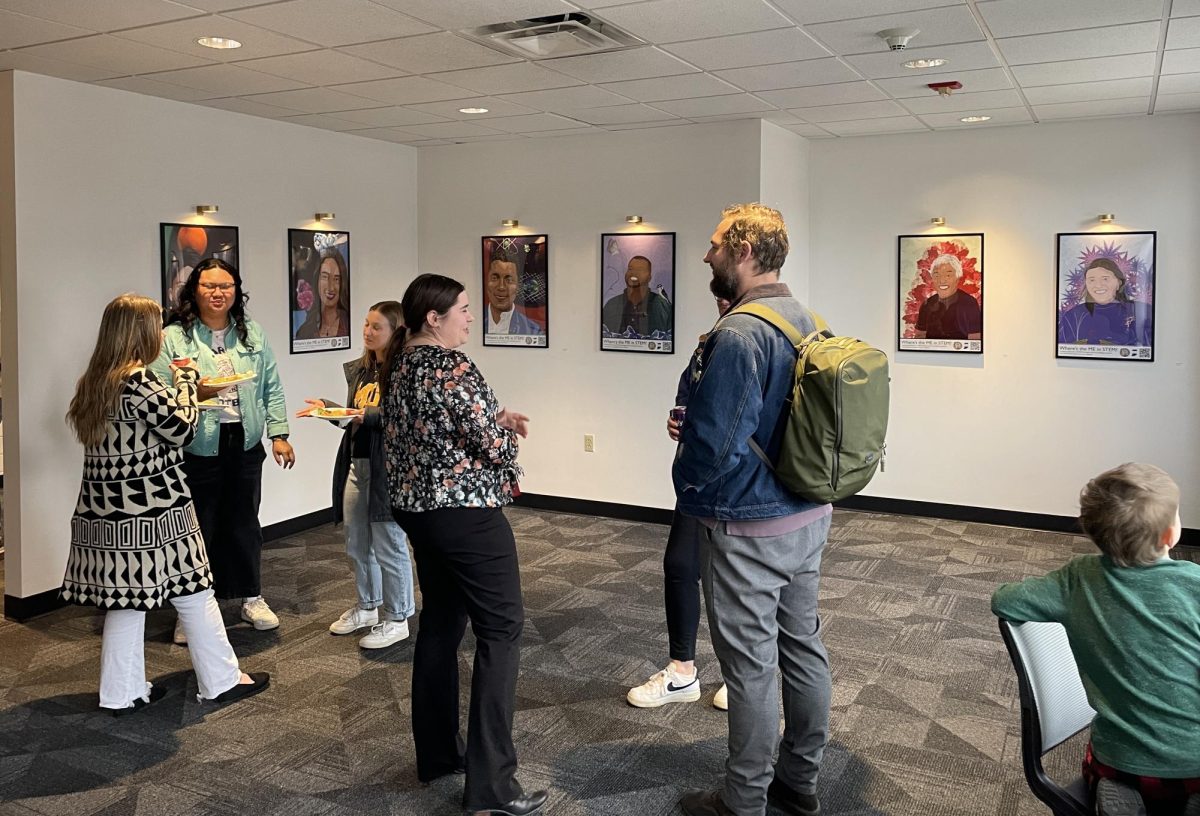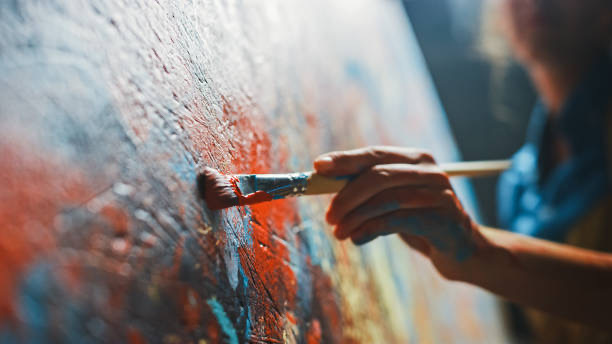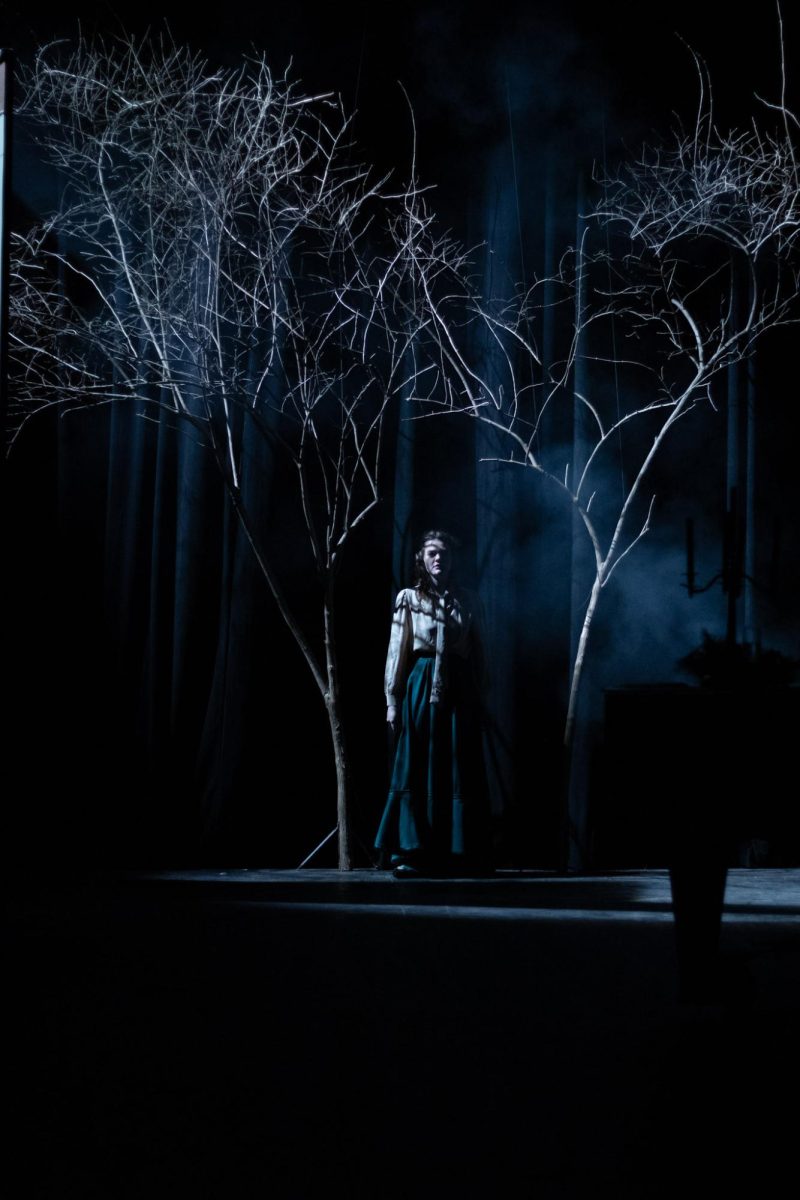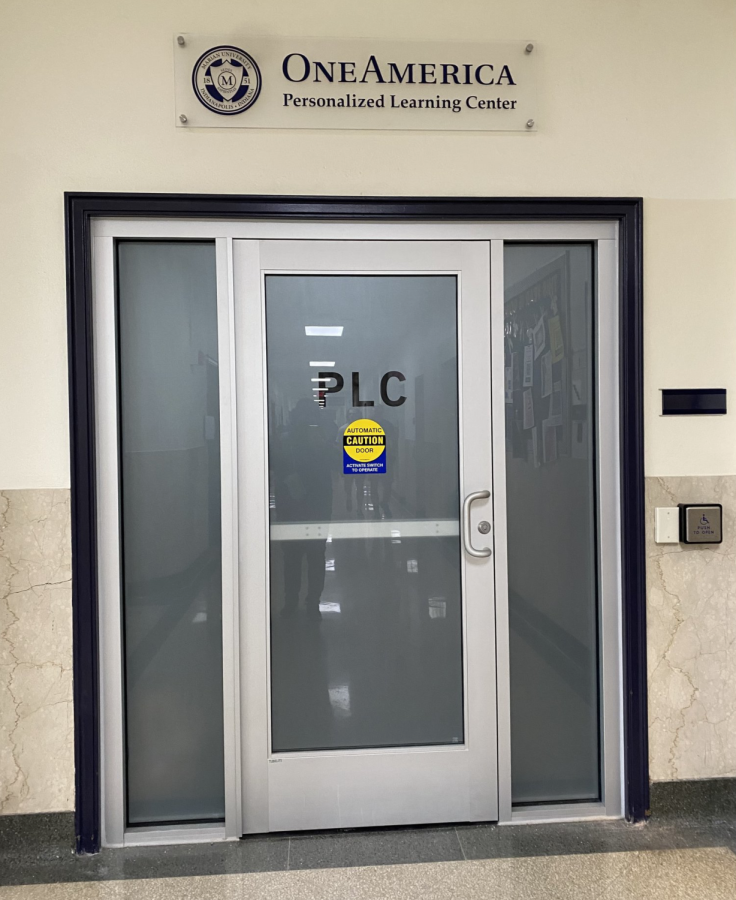Accessibility on Campus
February 15, 2022
Accessibility is an issue on Marian’s campus. From Clare’s non-functioning elevator to the lack of knowledge about individuals with disabilities, there is certainly room to improve.
While the Personalized Learning Center has helped students needing academic accommodations, there is an issue between teachers and students. While teachers receive the accommodations their students’ need, their particular disability is not disclosed. Not knowing other students had accommodations, I felt a feeling of isolation.
When I joined Marian my freshman year and needed more time for testing, I thought I was alone in this. I did not know a single other person who had accommodations, although there were many. Due to this, I decided to start a club for people with disabilities and allies: ACCESS MU. Individuals with disabilities can come to a safe space and share their experiences at Marian. This will be a place where students won’t be nervous to share about their disability, and are unafraid to ask for help.
Hadley Hawkins, a senior majoring in Elementary Education, suffers from an autoimmune disease, which impacts her daily life through exhaustion and abdominal pain. At times, her autoimmune disease can be problematic when it comes to teachers’ attendance policies on campus, and expectations for clubs. “I’m a very involved person, so this catches up to me very quickly,” Hawkins said. “It also causes a lot of pain, abdominally, at certain times when I eat anything.”
For individual accommodations, she said that professors are generally well equipped to deal with students’ needs, saying that the Personalized Learning Center has helped, but for disabilities, there is room for improvement.
Hawkins said that there are visible and invisible disabilities: “Disabilities that allow us to still walk and move, but still inhibit our daily functioning and way of life,” she said. She believes Marian’s campus does not have suitable resources for people with disabilities. She cites that there are no functioning elevators, consistently working handicap sensors, as well as ramps that aren’t covered in ice. “All of those things matter,” Hawkins said.
Her accommodations include extra times for resting and recovering, as well as extensions on deadlines, and the ability to leave class when she is getting sick. She said that she had not had any problems getting around Marian lately, but the school could improve through being accessible to all types of disabilities. She cites the Clare Hall elevator, which “is half the time locked and half the time doesn’t work,” causing problems for those with mobility issues. She added that the opportunity for students to safely maneuver the campus and find accessible handicap parking is low.
“While they are great at supporting some groups of students, they are not for other groups and I think disability accommodations needs to go across the board,” Hawkins said. “You can’t pick and choose which disabilities you are going to support. That’s not adequate.”
